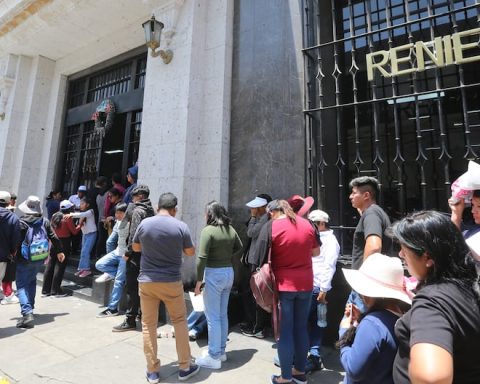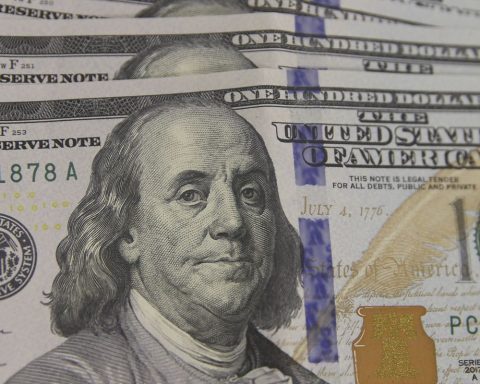The recent promulgation of the Tax Compliance Law in Chile it will bring significant changes in purchases made through international platforms such as Shein, Temu and AliExpress. The Internal Revenue Service (SII) confirmed that, as of a specific date, these transactions will be subject to the collection of Value Added Tax (VAT) of 19%.
This new tax will apply to all international purchases, regardless of their value. That is, even those purchases that were previously exempt for being less than $41 must now include the VAT. The measure seeks to equalize tax treatment between domestic and imported products, ensuring that all consumers contribute equitably.
Changes in tariffs and collection system
The law also introduces a relevant change: customs duties for products up to $500 will be eliminated, simplifying the import process. This will allow purchases to be faster and more accessible for users, since the platforms will have to retain the VAT and manage it directly.
The director of the SII, Javier Etcheberry, highlighted that this new regulation will benefit consumers, who will receive their products from their shopping more expeditiously. “By not having to pay tariffs and with the platforms retaining VAT, orders will arrive directly to their homes,” he highlighted.
VAT collection start date
The SII indicated that the collection of VAT It will begin to be implemented twelve months after the publication of the law, which means that starting October 24, 2025, purchases on Shein, Temu, AliExpress and other international platforms will automatically include this tax.

How VAT will be applied to transactions
He VAT It will be recharged directly on the purchase at the time of making the transaction. According to the deputy director of inspection of the SII, Carolina Saravia, platforms can voluntarily register in the SII system to collect the tax. In these cases, the buyer will see the 19% charge directly at checkout.
What happens if platforms do not register
In case a platform Do not register in the SII system, the VAT charge will fall on bank cards. That is, the banking entities will be responsible for adding 19% to the total purchase and transferring that amount to the treasury.


















